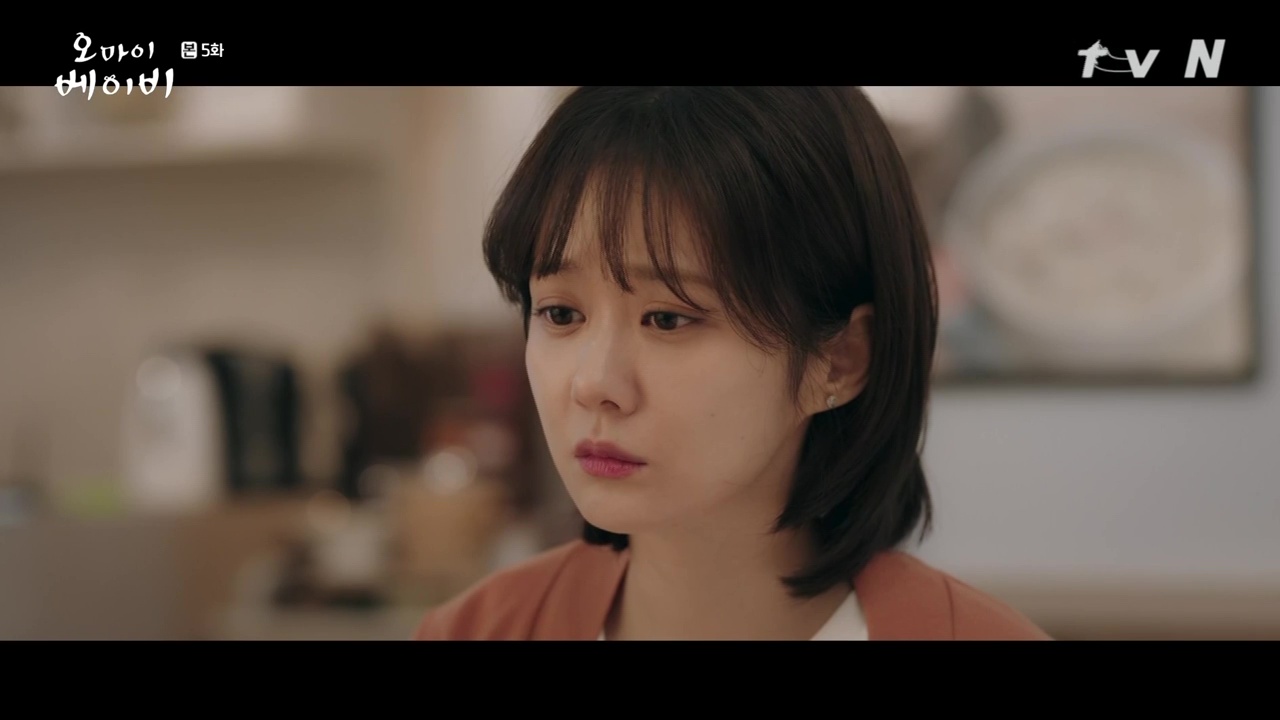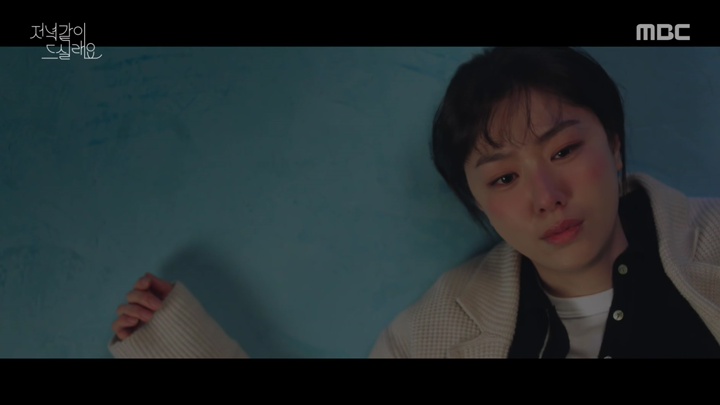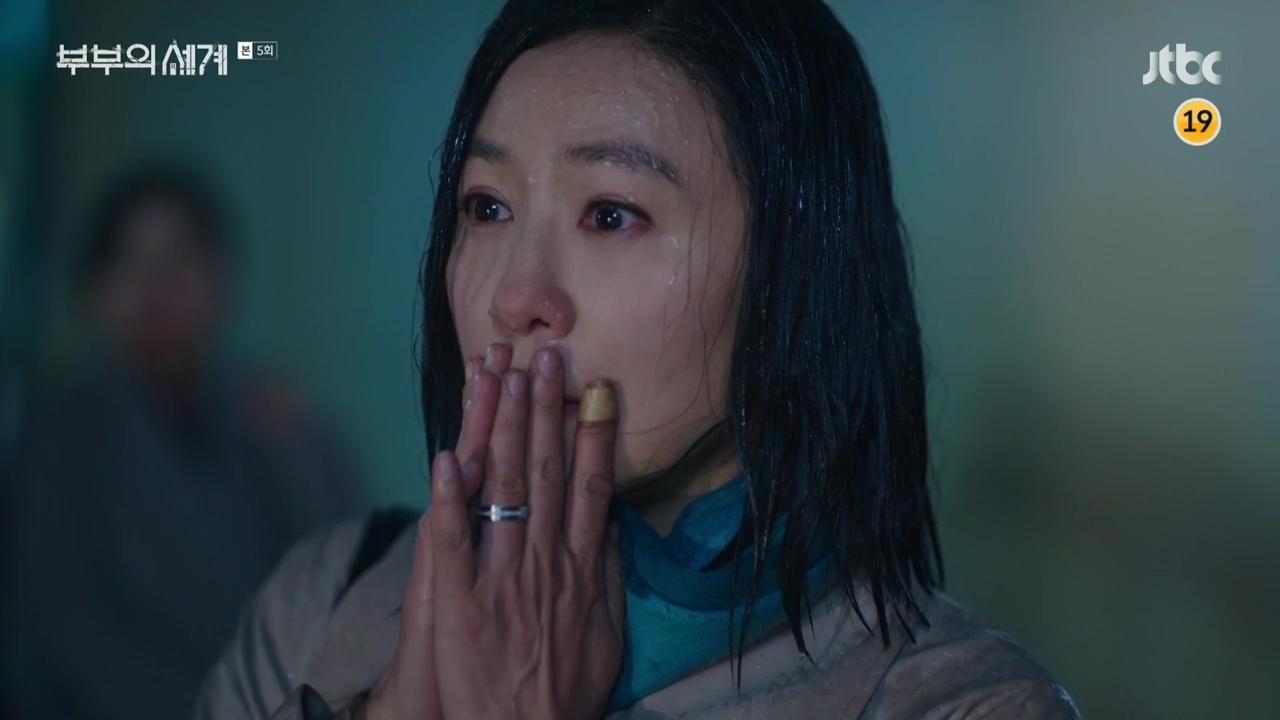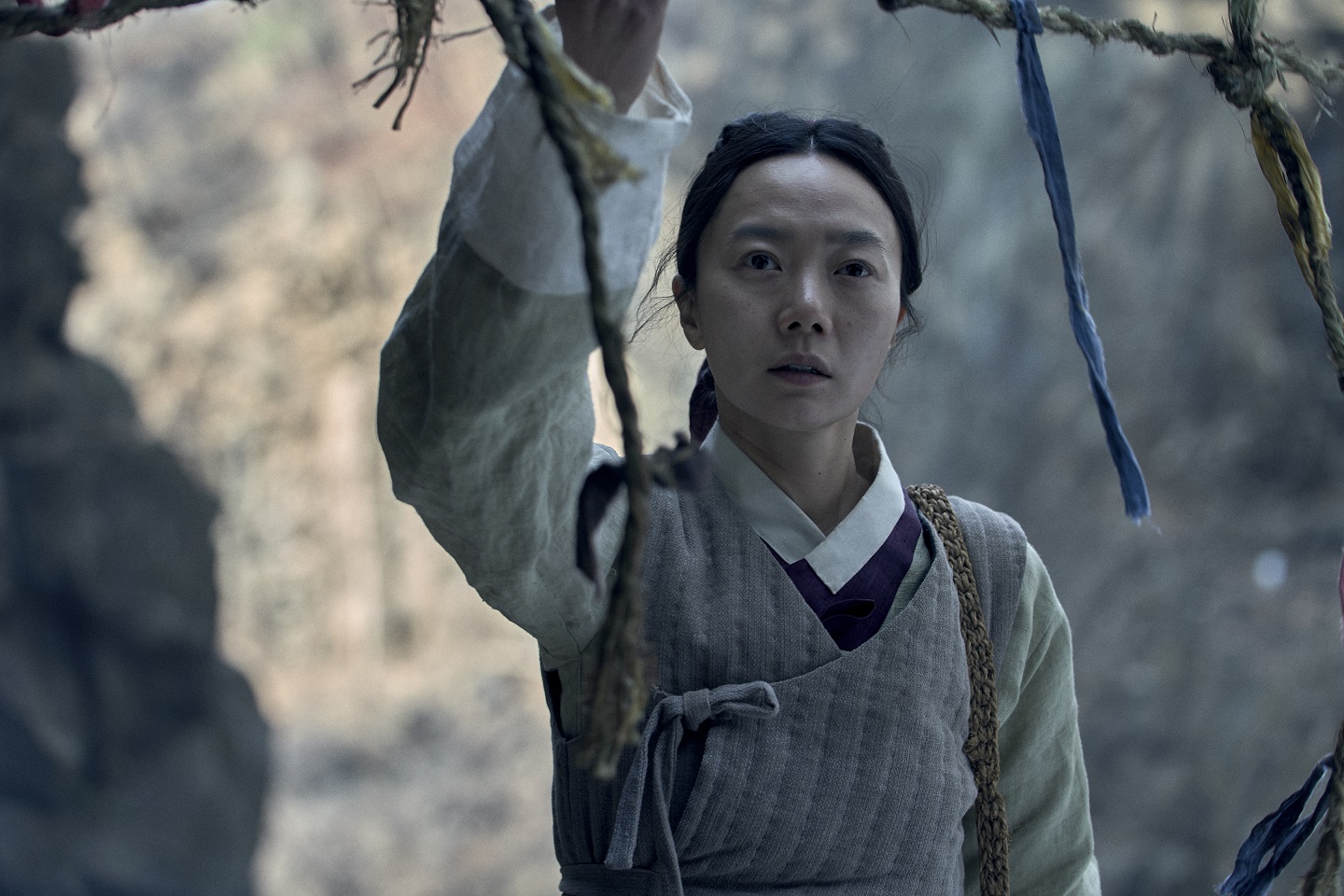In recent weeks, many of us watched JTBC’s latest smash hit, A Couple’s World. The drama not only became a sleeper hit, but broke records to become the highest rated drama in cable history. Kim Hee-ae won the Baeksang for Best Actress to recognize her riveting performance, and the drama’s director, Mo Wan-il, won Best Director. In addition to all this record breaking and award winning, the drama also gave a gift to its audience: high blood pressure.
While that last bit is a joke, truer things are said in jest, right? I don’t think I heard from a single person who watched even part of the drama that didn’t feel the story’s incredible emotional rollercoaster second hand. Some viewers talked about high blood pressure and stress, @stroopwafel and I kept exchanging the brain exploding emojis to express our shock, and more than once while covering the show, I mentioned how each episode was like a whole new ulcer. It was exciting, it was fun, and it was a wild ride. But was it good for us?

To answer this question, we have to go back to one of my favorite places: Greek tragedy. After all, most discussions around the function of drama go back to that time. In other words, all roads lead to Rome Greece.
A huge amount of how we assess and analyze stories (as well as the all-important criteria for what makes a good one) comes from this era, and Aristotle’s thoughts. Centuries later, his analysis of Drama (with a capital “d”) still rings true today. Plot is king. A good story must be complete, with a beginning, a middle, and an end. And two important emotions should be aroused in a drama’s audience: pity and fear.
Pity and fear might sound silly as one-off words to describe how we relate to drama in the 21st century, but think of how it might relate to a show you’re currently watching. Let’s take Oh My Baby for example. What does pity (or pathos) look like for that plot? Well, we pity or empathize with our heroine’s struggle — we see her desire, and then her struggle to fulfill it. It doesn’t matter if the vehicle is straight-up romcom, because the emotional foundation is still there. Same with fear. What fears could this story stir up in us? Things like, “What if that was me?” or “What would it be like if I was unable to fulfill a deep desire of my heart?”

Let’s look at another current drama like Will You Have Dinner With Me. Surely there’s not much pathos or fears to be had there? But there is: for pathos we have both a hero and heroine dealing with emotional baggage from the past. We feel their break-ups and their pain (theoretically) — and in a romcom setting such as this, that might even translate as cringing for a character instead of crying for her. While these elements might not be perfectly executed in this drama, the aim is still there.
What about a drama like Kingdom (talk about a genre change)? Again, we have the same effects: pathos around the terrible problem/plague that our prince is in the middle of… and fear of what the truth holds. This drama is a great example to look at how the concept of fear works expertly in a story to elicit reactions. We can experience fear alongside our protagonists as we go through creepy/terrifying encounters with them, worry for their safety, and hide behind pillows hoping they make it (’cause I wouldn’t). But beyond in-drama fears, zombie fiction (and the like) is so rich with more complex fears like what would happen if the people around us became our enemies? What would happen if/when we were to lose our humanity? And of course, the most primal and basic fear of all: how we, as humans, deal with being hunted.

While these drama examples are great for talking about how pity/pathos and fear are present in a story, it’s true that K-dramas are not really the most appropriate place to go for tragedy in its truest form. While the structure (beginning, middle, end) and emotions (pity and fear) are surely there, the endings are not. Because you know, things like banishment, suicide, and murdering your own children don’t usually close our dramas. Instead, they’re generally replaced with things like redemption, forgiveness, and happy endings.
But that doesn’t mean that our K-dramas don’t elicit strong emotional reactions. I’ve talked a lot about how we react to stories, whether it’s relating to their magic and hope, or feeling upset as they stir our emotions — and that’s what I’m really getting at here. Is it helpful or hurtful to have your own struggles “instigated” by a story you’re watching? Are stories that make us endure high highs, and shattering rock-bottom lows actually good for us? Are stories even something that can be good for us or bad for us?

To answer these questions, or at least frame them, we have to go back to the idea of a story arousing pity and fear in its audience. Aristotle says that the purpose of feeling those feelings (which we wouldn’t exactly call positive emotions, right?) is simple: catharsis. He says that a story that lets us weep over a tragedy or feel terrified over a serial killer plot line allows us to purge the emotions that we’d otherwise just be sitting on. It makes sense, right? And sometimes it really does feel good (and yes, purgative) to sob away with a protagonist who’s lost a loved one, or to vicariously experience the pain of betrayal so strong that it feels real.
Experiencing catharsis through storytelling is a real thing, and dramas are not shy about tugging, ripping, and sometimes trampling on our hearts to get there. So, I’m pretty sure you’ve cried/laughed/pillow-hugged your way through a drama or two before, just like me. Sometimes, you feel great afterwards. But what about those stories that leave you feeling upset? This can happen too. Maybe a story hit too close to home, and you had to stop watching it. Maybe a story lifted you so high and then dropped you so low that you wound up with a migraine (or at least, you couldn’t fall asleep after watching). What then?

The possible downside of drama is where our counter-argument comes in — because there’s always another perspective, right? It turns out that Plato had different ideas about drama, and that was, in a nutshell, that feeling all these secondary emotional highs and lows isn’t that great after all. That it’s self-indulgent. And worse, maybe even… not that healthy?
Greek tragedy has another important component and purpose that we haven’t talked about yet, and that’s the concept of moral. It’s another big building block for why we, as a civilization, tell stories. Are they supposed to teach us what to do, what not to do? Are they meant to allow us to vicariously experience, for example, the lurid highs of a love affair and then the lows of a murderous breakup — so we don’t have to experience them in real life?
Here’s where we have to circle back to A Couple’s World, being such a great example of the high drama we could expect from a classical Greek tragedy (being based off of a great one helps). Did watching A Couple’s World give you a sense of catharsis? In other words, did vicariously experiencing both the high of winning a battle, and the gut-wrenching low of getting played, give you some kind of spectator satisfaction? I know it did for me. And it’s the lingering emotional reaction I had to this story that made me think about the questions I’ve been asking in this article.

But what about others? Some people don’t want to hop on that wild ride, so to speak. Some people didn’t get a positive outcome from watching that kind of a drama — and it makes so much sense, because how we experience stories is extremely personal. What might be cathartic and enthralling for one person (a horror story like Hell Is Other People, for instance), is so terrifying to me that I would rather have no story in front of me than confront that one. But for another person? Maybe it helps them process a fear or a memory, and thus becomes a positive (meaning cathartic) experience.
Dramaland might look a world apart from the classic Greek dramas that we all have some vague memory of studying at some point — even if it’s just a lingering concept or title — but actually, the two have so much in common. So many of the debates that were going on back then are ones we still ponder now (though perhaps with a little less aplomb than Aristotle).
While we’ll always have different opinions on whether high drama is good or bad for our psyches, what’s absolutely true is that your response to drama is your own. Whether you find solace in a story that helps you work through some real-life emotions, quit a drama for being more stress than pleasure, or seek out dramatic stories simply because you love the rush of adrenaline — let’s enjoy our drama.

